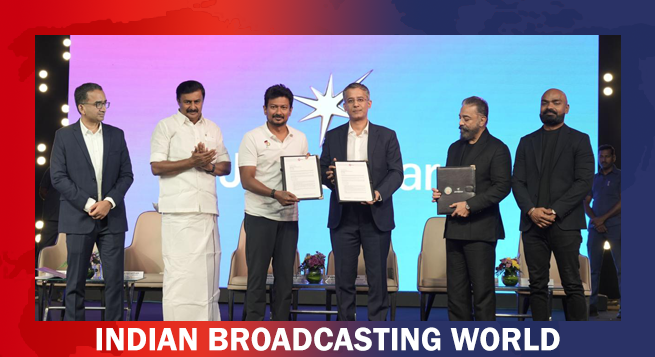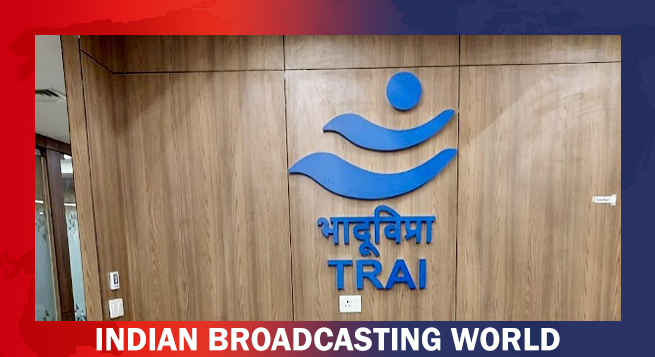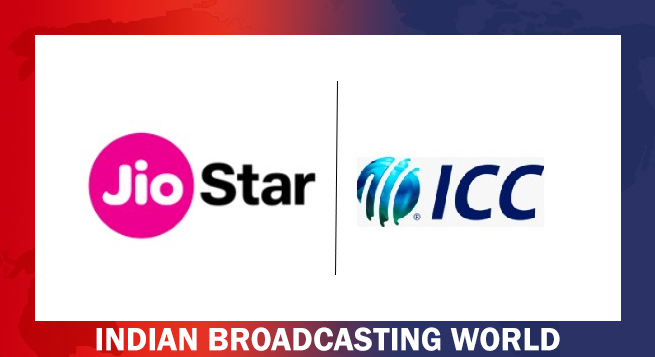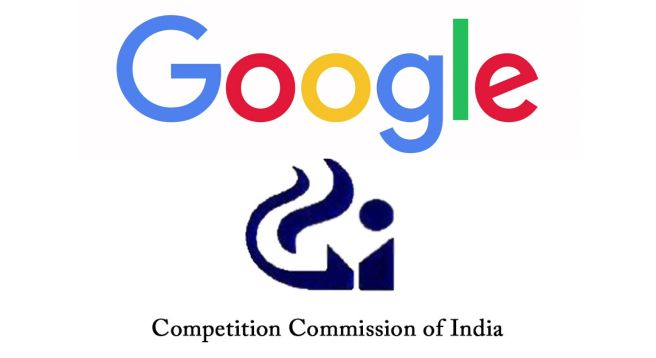Alphabet Inc’s Google said on Friday that the Indian antitrust watchdog’s decision to fine it Rs. 13.38 billion for anti-competitive practices was a “major setback” for consumers and businesses in the country.
The Competition Commission of India (CCI) on Thursday said Google leveraged its dominant position in markets such as online search and app store for Android to protect the position of its apps like Chrome and YouTube in mobile Web browsers and online video hosting.
Besides the fine, the CCI also ordered Google to change its approach to its Android platform and restricted it from certain revenue sharing agreements with smartphone makers.
“Android has created more choice for everyone, and supports thousands of successful businesses in India and around the world,” a Google spokesperson said on Friday, according to a Reuters report.
“The CCI’s decision is a major setback for Indian consumers and businesses, opening serious security risks for Indians who trust Android’s security features, and raising the cost of mobile devices for Indians,” the spokesperson added.
The CCI statement on its website, accessed by Indianbroadcastingworld.com, also showed that the regulator has directed Google to modify its conduct within a defined timeline.
“The Commission in the instant matter has examined various practices of Google w.r.t. licensing of this Android mobile operating system and various proprietary mobile applications of Google (e.g. Play Store, Google Search, Google Chrome, YouTube, etc.),” The CCI statement pointed out, adding that it delineated the following five relevant markets in the present matter:
# Market for licensable OS for smart mobile devices in India.
# Market for app store for Android smart mobile OS in India.
# Market for general web search services in India.
# Market for non-OS specific mobile web browsers in India.
# Market for online video hosting platform (OVHP) in India.
Justifying its order, CCI had stated: “During the course of inquiry, Google argued about the competitive constraints being faced from Apple. In relation to understanding the extent of competition between Google’s Android ecosystem and Apple’s iOS ecosystem, the Commission noted the differences in the two business models which affect the underlying incentives of business decisions.
“Apple’s business is primarily based on a vertically integrated smart device ecosystem, which focuses on sale of high-end smart devices with state of the art software components. Whereas Google’s business was found to be driven by the ultimate intent of increasing users on its platforms so that they interact with its revenue earning service i.e., online search which directly affects sale of online advertising services by Google.
“Further, in relation to app stores, the Commission noted that the demand for the same, come from three different sets of consumers i.e. (a) smart device OEMs who wish to install an app store to make their smart devices commercially viable and marketable; (b) app developers, who want to offer their services to the end users; and (c) end users to wish to access app stores to access content or avail other services. The Commission examined the substitutability between Google’s Play Store for Android OS and Apple’s App Store for iOS from the perspective of all three demand constituents and found that there is no substitutability between Google’s Play Store and Apple’s App Store.”
It further stated that in relation to computation of penalty, the Commission noted there were “glaring inconsistencies and wide disclaimers in presenting various revenue data points by Google”.
 Govt. not considering rules for use of AI in filmmaking: Murugan
Govt. not considering rules for use of AI in filmmaking: Murugan  DTH revenue slide to ease to 3–4% this fiscal year: Report
DTH revenue slide to ease to 3–4% this fiscal year: Report  At Agenda Aaj Tak, Aamir, Jaideep Ahlawat dwell on acting, Dharam
At Agenda Aaj Tak, Aamir, Jaideep Ahlawat dwell on acting, Dharam  JioHotstar to invest $444mn over 5 years in South Indian content
JioHotstar to invest $444mn over 5 years in South Indian content  Standing firm, TRAI rejects DoT views on satcom spectrum fee
Standing firm, TRAI rejects DoT views on satcom spectrum fee  LaKeith Stanfield to play Dennis Rodman in Lionsgate’s ‘48 Hours in Vegas’
LaKeith Stanfield to play Dennis Rodman in Lionsgate’s ‘48 Hours in Vegas’  Saiyaara to make world television premiere on Sony MAX Dec 20
Saiyaara to make world television premiere on Sony MAX Dec 20  ICC, JioStar reaffirm media rights pact amid speculation
ICC, JioStar reaffirm media rights pact amid speculation  ‘Dominic and the Ladies’ Purse’ premieres on ZEE5 Dec 19
‘Dominic and the Ladies’ Purse’ premieres on ZEE5 Dec 19  Amazon announces 2 new Lara Croft games; one set in India
Amazon announces 2 new Lara Croft games; one set in India 









